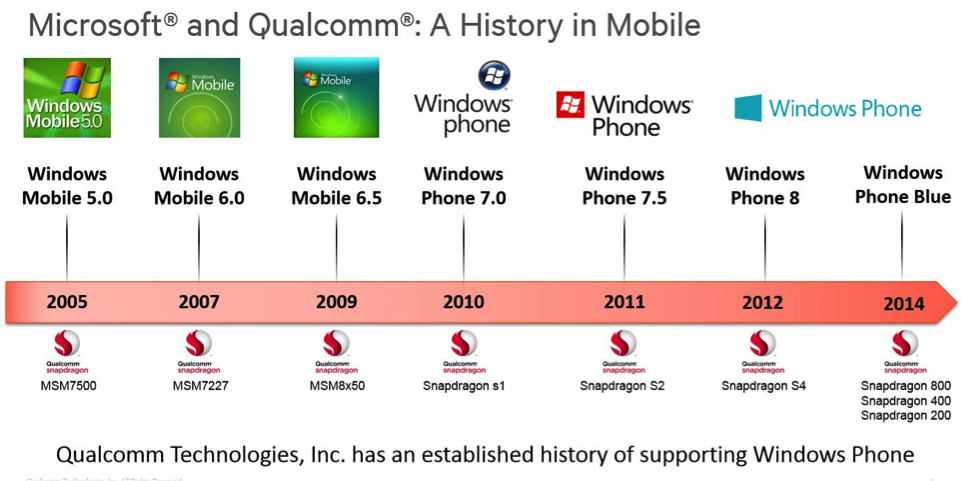Although Qualcomm took part in the announcement of Microsoft Corp.’s DirectX 12 application programming interface, the company’s plans regarding support of the new API were not completely clear. Last week an executive of Qualcomm confirmed that the future Adreno graphics cores will fully support DirectX 12.
The current Snapdragon 800 processors already support DirectX 9.3 and DirectX 11 application programming interfaces in Windows Phone 8 operating system on such smartphones as Nokia Lumia 1520. While many of DX12 functions will be supported by current-gen system-on-chips, the full support of the new API will require all-new application processors with new-generation Adreno graphics, according to Jim Merrick, director of gaming and graphics at Qualcomm Mobile & Computing.
DirectX 12 will allow game developers to access hardware resources on a “close-to-metal” level, as a result video games will benefit from reduced GPU overhead via features such as descriptor tables and concise pipeline state objects. In addition, the DirectX 12 will allow games to significantly increase multithread scaling and CPU utilisation. By improving efficiency of various computations (and essentially boosting performance of hardware), devices can accomplish the jobs faster and thus save battery life. Moreover, thanks to better use of multi-core CPUs and highly-parallel GPUs, mobiles can increase their overall performance, which means that portable devices will be able to do the same things as modern notebooks (expect PC and console games to be playable on smartphones and tablets).
According to Mr. Merrick, DirectX 12 will launch on Microsoft’s mobile operating systems at the same time as its desktop and console counterparts. Previously it was reported that the final DX12 would emerge in late 2015, hence, it is logical to expect Qualcomm and other hardware vendors to release DirectX 12-compliant graphics hardware either in 2015 or in early 2016.
It is noteworthy that in case Qualcomm manages to develop graphics processors fully compatible with DirectX 12, it will essentially create solutions competitive with those designed by AMD, Nvidia or Intel. Theoretically, Qualcomm’s SoCs will be able to power desktops and laptops provided that they offer decent performance levels.
KitGuru Says: The DirectX 12 will almost certainly equalize capabilities of ultra-portable and PC devices, which will result into a dramatic shift in terms of performance of smartphones and tablets. But will that truly revolutionize computing in general, keeping in mind that Microsoft has relatively small shares of smartphone and tablet markets?
 KitGuru KitGuru.net – Tech News | Hardware News | Hardware Reviews | IOS | Mobile | Gaming | Graphics Cards
KitGuru KitGuru.net – Tech News | Hardware News | Hardware Reviews | IOS | Mobile | Gaming | Graphics Cards



